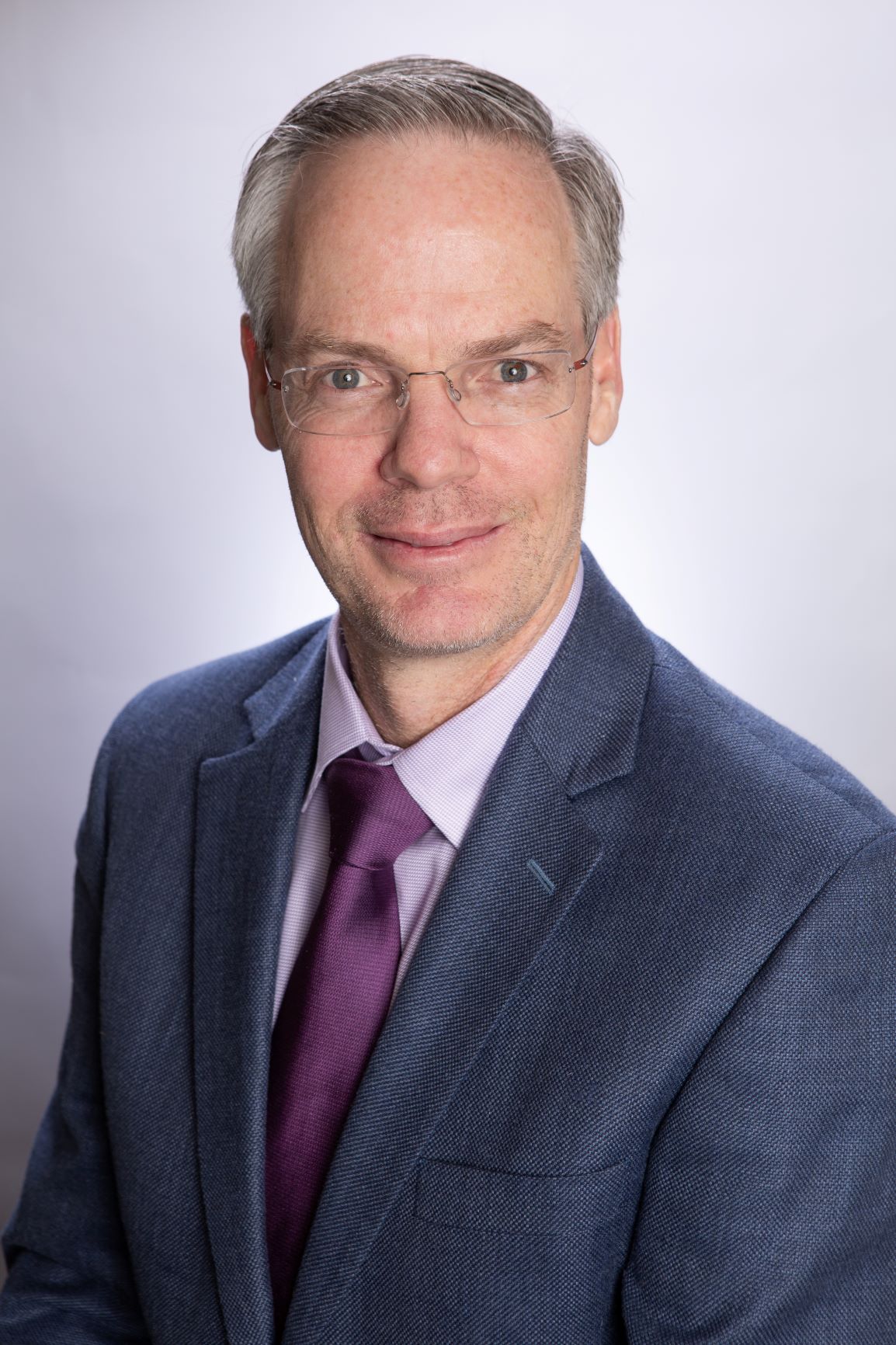What is a Weight Loss Doctor?
Because obesity has been recognized as a chronic disease (similar to high blood pressure, diabetes or depression), simply trying to eat less or move more is usually not effective for long-term weight loss. This would be like telling a person with high blood pressure to try to be less stressed, a person with diabetes to eat less sugar, or a person with depression to think happy thoughts. These recommendations while perhaps well-intended are not going to provide adequate treatment of the underlying disease because they fail to understand the cause of the problem in the first place.
Obesity is NOT caused by laziness or a lack of willpower.
Obesity IS caused by genetic factors and the complex interplay between our unique genetics and the environment we live in.
Most doctors know very little about obesity and weight loss
Because obesity was only recently recognized as a disease in America, and because testing around obesity on medical school board exams is still spotty at best, most medical school and residency programs still have little to no education around obesity. For this reason, if a person struggling with obesity asks their primary care physician about their weight, they often get answers like “Push away from the table sooner.” A recent study showed that the odds of receiving a medication to help with weight loss is only 1.4% (In comparison, a person living with Diabetes receives a prescription medication 86% of the time).
How does one become a weight loss doctor?
A weight loss doctor, or obesity medicine physician, is one that decides to go learn more about obesity and about chronic weight management. There are several specialty societies that have dedicated themselves to the study of obesity, and to the education of physicians treating obesity. These include the Obesity Medicine Association (OMA) and the Obesity Society (TOS). There are also great courses taught at the Harvard medical school (the Blackburn obesity course), the Cleveland Clinic and others.
For those highly motivated to actually help people not only lose weight but keep it off, doctors can pursue certification by the American Board of Obesity Medicine (ABOM). To receive this certification, a physician must complete 60 hours of medical education specific to obesity (like the courses offered by the societies above) in the preceding 3 years. They must also have an active medical license and have another primary specialty, like Family Medicine or Internal Medicine. Finally, they must sit for a comprehensive exam that covers all aspects of obesity ranging from biology, pathophysiology, genetics, hormonal influences, environmental influences, taking an obesity history, examining a patient with obesity, developing an individualized assessment and plan, and managing the obesity chronically over the patient’s lifespan.
A recent paper identified that there are 236 other medical problems related to obesity, of which 13 are cancer. It is believed that 40% of cancer in this country is attributable to obesity. There are countless prescription medications for other diseases including depression, diabetes and hypertension that can cause dramatic weight gain. Because many physicians have no training in weight management, oftentimes a person struggling with an unhealthy weight is on many medications making weight loss impossible. A weight loss doctor needs to be able to manage the whole patient, including dealing with these other issues.
Further, a weight loss doctor receives advanced training in the use of weight loss medications. He or she can identify appropriate candidates, help pick the best option, and monitor for proper response, side effects, drug interactions, etc.
Why is Dr. Lazarus considered a weight loss doctor?
Dr. Lazarus became a board-certified family doctor in 1999. In 2004, he took over as the director of Clinical Nutrition Center in Greenwood Village, Colorado, where he began practicing as a weight loss doctor. He attended weight loss medicine courses at the OMA, TOS, and the Harvard Obesity Course numerous times throughout the years. In 2012, he became part of the first group of doctors to pass the Obesity Medicine exam and receive the certification by the ABOM. He also became a member of the board of trustees for the OMA, and became a regular speaker at the obesity education conferences. He has given over 100 lectures to doctors to educate them about medical weight loss. He continues to receive over 50-60 hours of continuing medical education on obesity from OMA and TOS.
Next Steps…
If you haven’t spoken to a weight loss doctor about your weight, then you haven’t learned about the science behind obesity, weight gain, or weight loss. If you want to maximize your chances at losing weight and keeping it off, this is a great place to start.






